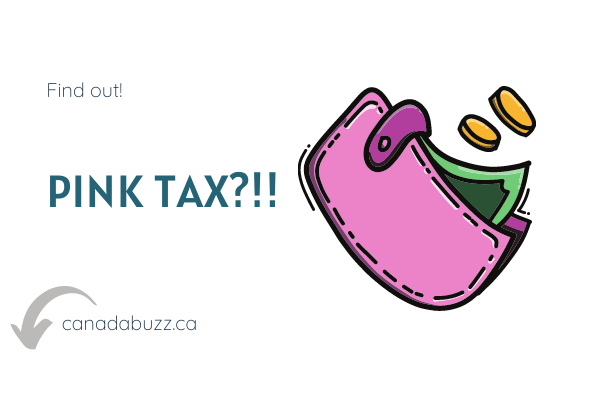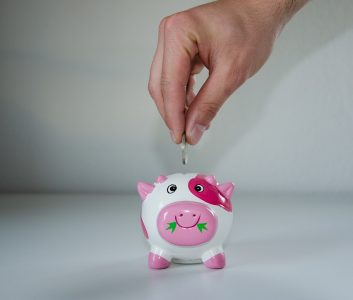Taxes are quite common in Canada; both the provincial and federal government requires all resident to pay their taxes. These taxes are paid through the Canada Revenue Agency (CRA), which oversees everything concerning taxation in Canada.
The federal government levies a value-added tax on all goods and services called the Goods and Services Tax (GST) and the Harmonized Sales Tax (HST) in five provinces in Canada.
Other provinces in Canada not included in the five have their value-added tax called Quebec Sales Tax. At the same time, provinces like Alberta and the territories of Nunavut, Yukon, and Northwest Territories do not have a sales tax of their own.
Aside from the taxes mentioned above, do you know all you are taxed for as a buyer? Sadly, most females are not aware they are being taxed higher for some products than males. Yes, the pink tax is a thing, and it is designed mainly for women. Let’s review what the pink tax is in Canada.
What is the Pink Tax?
The Pink tax is used to describe products and services explicitly marketed towards women. These products and services are more expensive than those sold to men. The price margin can be as high as 50 – 100%, and most times, it is tagged gender-based price discrimination.
In Canada, the average Pink Tax premium is 43% for products like deodorant, shampoo, soap, and razors. Basically, we can say the pink tax is the extra amount women pay for day-to-day products when compared to men.
When broken down to price per gram, these products are priced higher than those sold to men. For products in the body wash category, women pay over 60% more than men per 100g of product.
Sadly, the pink tax does not only affect adult women; even female baby toys, school uniforms, braces cost on average 2% to 13% more than boy toys that are the same other than their colours.
Avoiding Pink Tax in Canada
The easiest way to avoid paying pink tax is to compare shops when you can. Check out the men section, and compare the prices of essential products like razors, shampoo, and other personal care products.
Chances are you will pay less for products of similar, or better, and quality like t-shirts, button-up shirts and socks. So shop the men’s section for unisex day-to-day items.
Alternatively, you can scout for stores that advertise they offer unisex services. Purchase more gender-neutral products when shopping for toys, razors, shampoos, deodorants, adult diapers, etc.
Conclusion
The Pink Tax in Canada is quite significant. Sadly, there is no easy way out of the pink tax; however, going for gender-neutral products is an effective way of avoiding paying the tax.
Nonetheless, to put an end to it, calling out the brands that perpetuate a discriminatory gender-based pricing system is a step towards achieving the goal.
Alternatively, female consumers can speak to their provincial representatives, local retailers, and social media about the issue. While doing this, it is crucial to make your stand on pink tax and how it affects your finances as a woman known.












